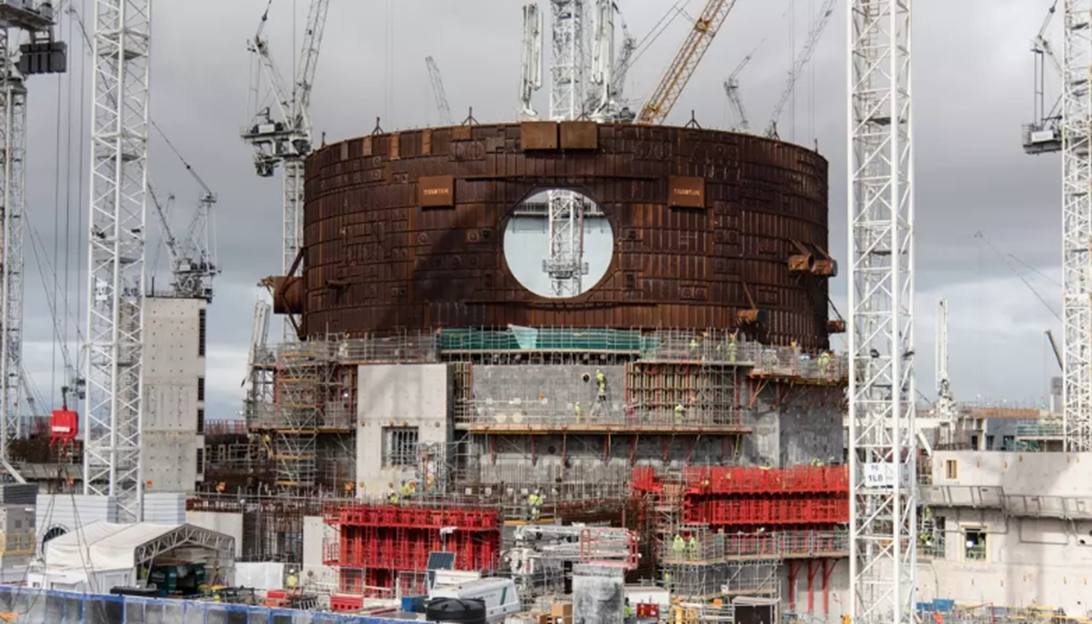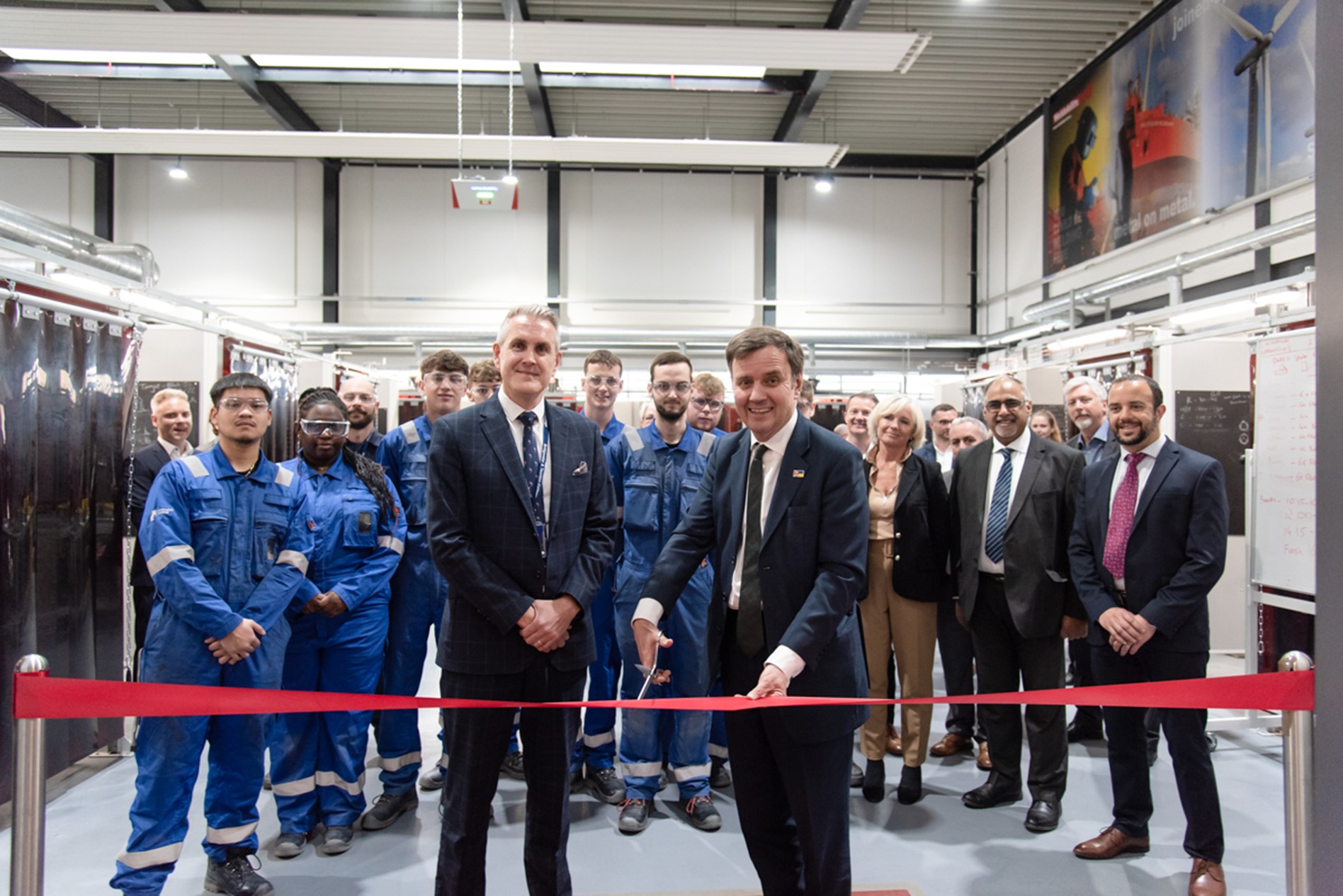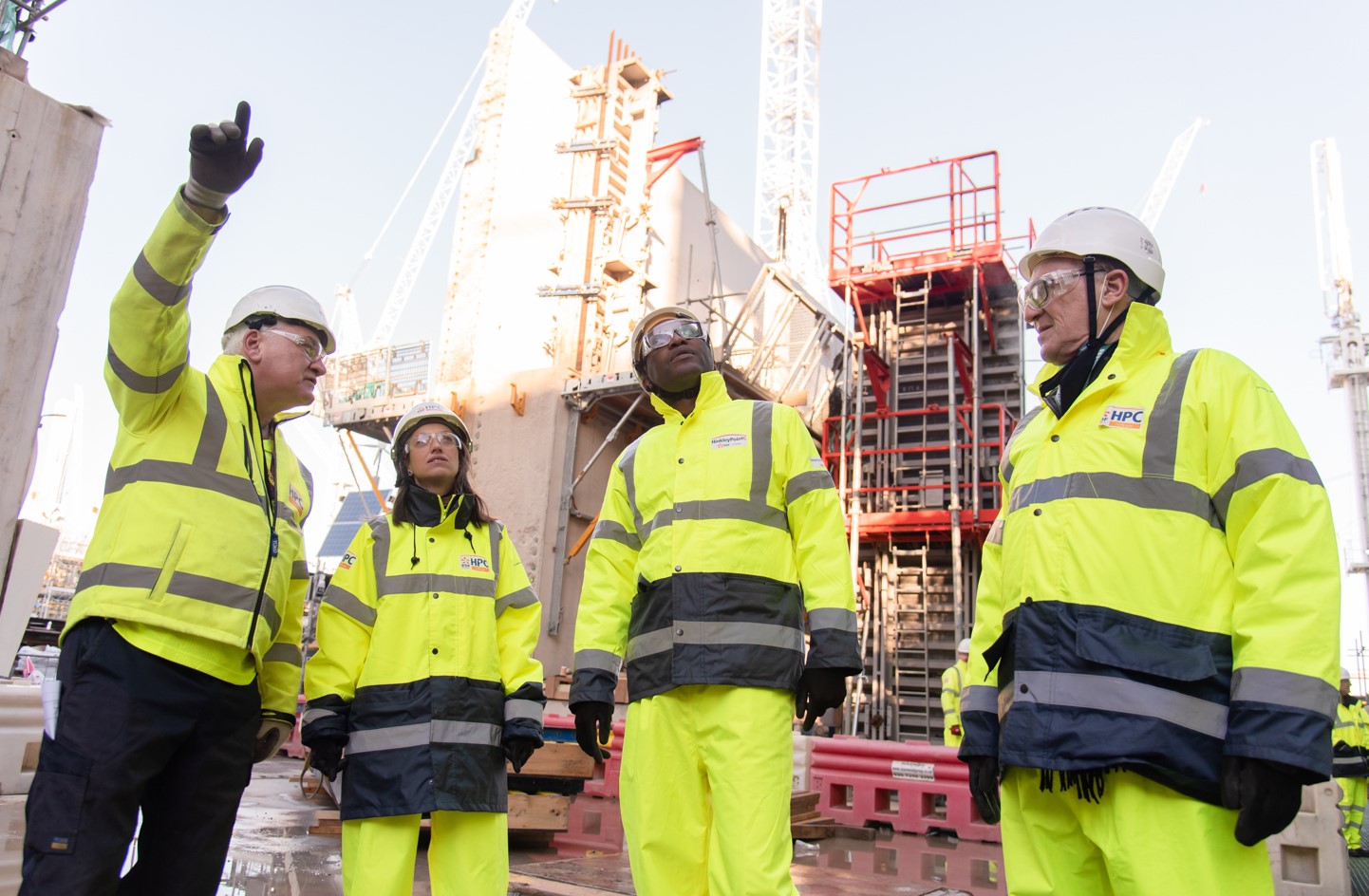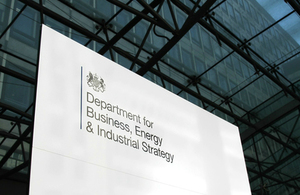Hinkley Point C’s Unit 2, in March of this year. (Photo: EDF Energy)
The target date for the start of electricity generation at Hinkley Point C’s Unit 1 reactor has been moved back to June 2027, following the completion of a schedule and cost review of the new nuclear build project, EDF announced last week.
While the review considered the main aspects of the project to construct two 1,630-MWe EPRs in Somerset, England, the schedule and cost of electromechanical works and of final testing were not examined, according to the utility.
U.K. energy minister Greg Hands cuts the ribbon on the Welding Centre of Excellence at Bridgwater & Taunton College’s campus. (Photo: EDF Energy)
The United Kingdom’s energy minister, Greg Hands, recently presided over the opening of one of three new training centers in England aimed at supporting EDF Energy’s Hinkley Point C nuclear build project in Somerset. The centers, according to EDF, will provide locals with the skills necessary to join the ranks of about 4,000 additional workers expected to be needed for the next phase of the power station’s construction. Hands unveiled the Welding Centre of Excellence, located on the Bridgwater & Taunton College campus in Bridgwater.
From left: Nigel Cann, delivery director at Hinkley Point C, Helen Whately MP, Kwasi Kwarteng MP, and Jean-Bernard Lévy, chairman and chief executive officer of EDF. (Photo: EDF)
Despite last year’s announcement from EDF Energy that the startup of Unit 1 at Hinkley Point C would likely be delayed (from late 2025 to June 2026), current progress at the site is receiving praise from the U.K. government.
On January 13, Kwasi Kwarteng, secretary of state for business, energy, and industrial strategy, and Helen Whately, exchequer secretary of the treasury, toured the nuclear new-build project, accompanied by Jean Bernard Lévy, EDF’s chairman and chief executive.







